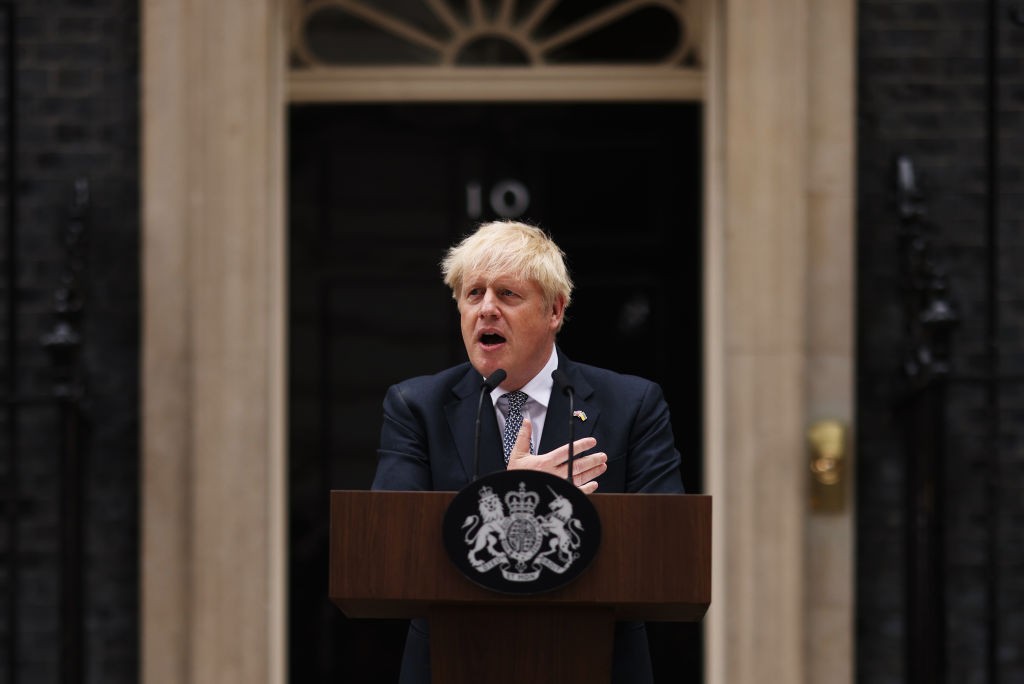|
Getting your Trinity Audio player ready...
|
By the Financial Times Editor
Hello from our very busy newsroom in London. Boris Johnson has agreed to step down as UK prime minister after a dramatic few days in which more than 50 members of the government quit. At the time of writing, Johnson plans to remain as caretaker prime minister until the Conservative party conference in October.
So who is likely to succeed him? As the crisis around his premiership deepened, an audition of would-be leaders has been taking place behind closed doors, reports Whitehall editor Sebastian Payne. From Liz Truss to Sajid Javid, here are the runners and riders to replace Johnson as prime minister.
Our editorial board writes that Johnson’s departure is long overdue. As inflation approaches 11 per cent, labour unrest spreads, sterling slides and war rages in Europe, the government has delivered only drift and disarray. The country needs a prime minister with integrity, respect for rules and the law, and crucially a readiness to engage with the economic challenges confronting the UK.
My choices this week
1. The invention of cryptocurrencies has forced central banks to confront the question of how money should evolve in the digital era. In his column this week, Martin Wolf says crypto is not the answer. So what is? (Free to read).
2. Vladimir Putin hailed Russia’s capture of the Ukrainian city of Lysychansk and subsequent fall of the Luhansk province as a victory. But military experts tell the FT it is more symbolic than strategic. How close is Putin to his goal of “liberating” Donbas?
3. After three years as the world’s most popular maker of battery-powered cars, Tesla has been overtaken by one of the industry’s least known yet most feared brands: China’s BYD. In this analysis, we explain how Tesla lost its crown. (Free to read)
4. Author and former New York Times executive editor Jill Abramson spent her career reporting on the once-fringe US Supreme Court justice Clarence Thomas. As the court lurches to the extreme right, she explains how Thomas’s brand of conservatism will shape the court for decades to come.
5. A lawsuit brought by a Peruvian farmer against RWE, Germany’s largest utility company, could usher in a wave of compensation claims for climate-related destruction. Climate reporter Camilla Hodgson reports on the case that raises the question: who pays for climate change?
6. “If I were a renegade investor cynically making billions from climate catastrophe, I would tell him everything.” For his weekly interview, Henry Mance speaks to the great chronicler of the financial crisis, author of Moneyball and The Big Short, Michael Lewis.






